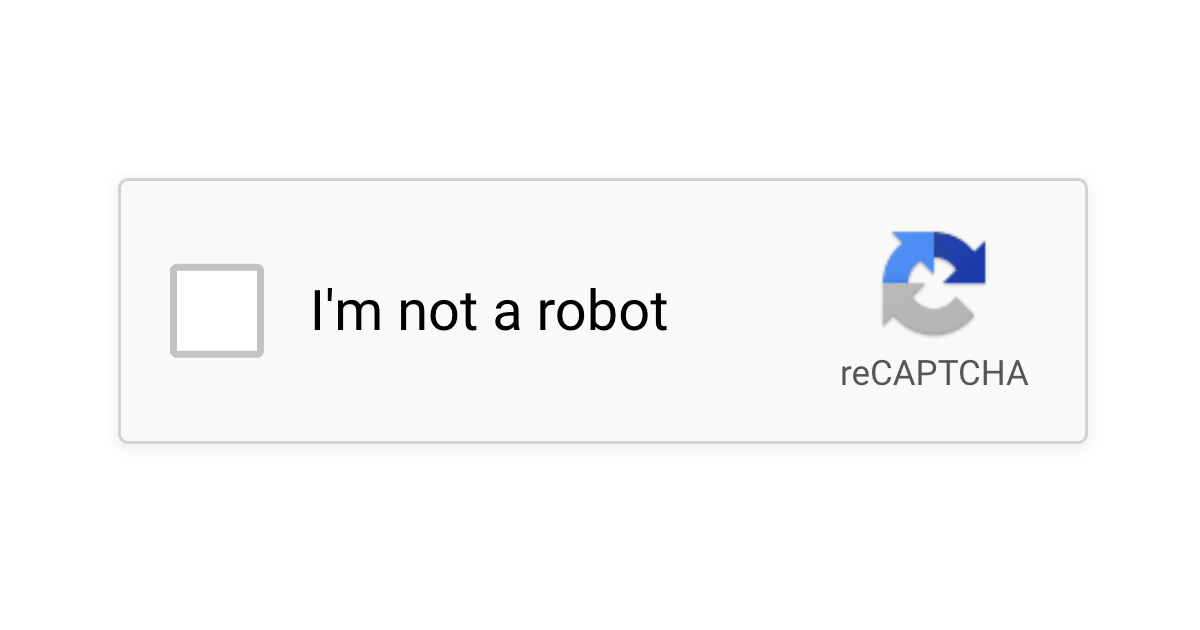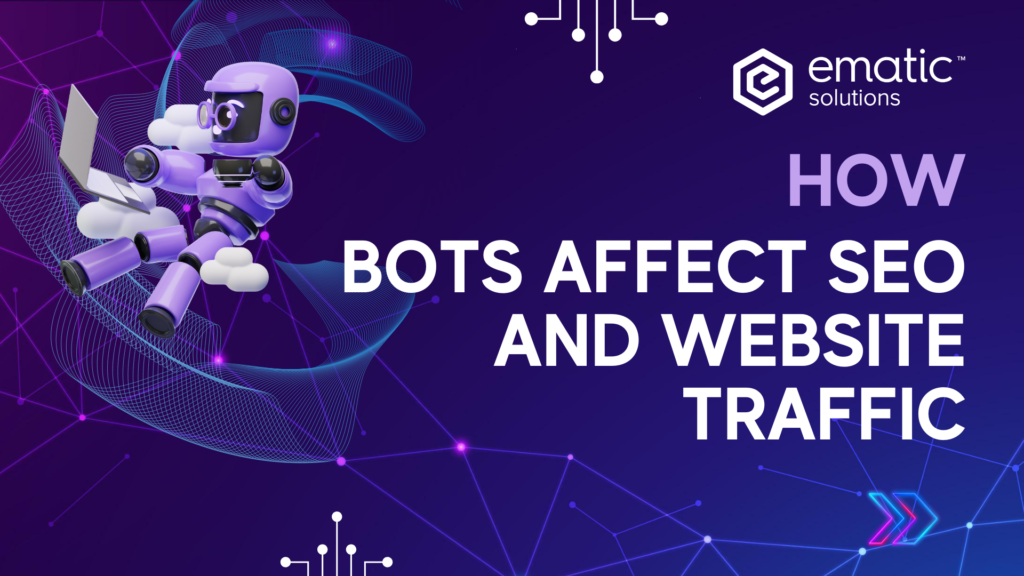When most people think about SEO, they think of keywords, backlinks, and writing good content. But there’s one thing that doesn’t get talked about enough — bots.
Some bots help your site get found on Google. Others do the opposite; they mess with your traffic numbers, slow your site, and even waste your ad money.
Knowing the difference can save you a lot of time, money, and frustration.
What Are Bots, Really?
A bot is just a computer program that does things automatically. It might visit websites, click on links, or collect information, without a human behind it.
There are two main kinds of bots:
- Good bots – like Google’s crawler that scans your website so it can show up in search results.
- Bad bots – the ones that spam your forms, fake clicks on your ads, or steal your content.
Good bots help your SEO. Bad ones can mess it up big time.
How Bad Bots Can Hurt Your SEO
Bad bots don’t just create fake numbers, they can actually hurt how your site performs in search results. Here’s how:
They Mess Up Your Data
- If bots are “visiting” your site, your analytics will show more traffic than you really have. That sounds great, but it’s not. Your bounce rate, page views, and time-on-site numbers become useless because you’re not seeing what real people are doing.
They Slow Down Your Website
- Bots can overload your server with too many fake visits. When that happens, your site slows down — and Google doesn’t like slow websites. Neither do visitors.
They Waste Your Money
- If you’re running ads, click bots can fake clicks and eat up your ad budget without bringing a single real customer.
They Make You Look Spammy
- Some bots leave fake comments or links on your site. That can make your website look low-quality, which turns off both users and search engines.
They Hurt Your Rankings
- When bots create fake traffic patterns, search engines can see that something’s not right. If it looks like you’re trying to cheat the system, your rankings can drop.
The Good Guys: Search Engine Bots
Not all bots are bad. Search engines like Google, Bing, and Yahoo all use bots — also called crawlers — to scan websites and figure out what they’re about.
These crawlers help your site appear in search results when people look for something you offer.
If your website is easy to crawl and loads fast, these bots will index it better, which can improve your visibility.
So, while you want to block the bad bots, you still need to let legit search bots do their job.
Why Fake Traffic Is a Big Deal
Search engines like Google care a lot about trust and real engagement. When fake traffic floods your site, it makes your performance data unreliable.
Here’s what that means for you:
- You might make decisions based on fake numbers.
- You might think your SEO is working when it’s not.
- You might waste money and time chasing “traffic” that isn’t real.
It’s like thinking your restaurant is full because of noise from outside, but nobody’s actually eating inside.
How to Spot and Stop Bad Bot Traffic
You don’t need fancy software to spot bots, just a bit of awareness and a few simple tools.
Here are some easy ways to protect your site:
- Check Your Traffic Sources
If you see random spikes in traffic from countries you don’t target, that’s a red flag. - Use Google Analytics Filters
Turn on “Exclude all hits from known bots and spiders.” It helps remove most fake visits. - Add CAPTCHAs
Those little “I’m not a robot” boxes really do help block spam bots.
- Keep Your Plugins and Software Updated
Outdated sites are easier for bots to attack. - Use Security Tools
Services like Cloudflare or BotGuard can help block bad bots before they reach your site.
- Check for Spam Links or Comments
Delete or disavow bad links and remove spammy comments, they can harm your SEO over time.
The Future of Bots in SEO
Bots are getting smarter. Some are now powered by AI, which makes them harder to detect. They can copy human behavior: scrolling, clicking, even filling out forms.
That means website owners need to keep an eye on their traffic and not rely blindly on numbers. Over time, managing bot traffic will become just as important as managing keywords and content.
Final Thoughts
Bots aren’t going away. Some are necessary — they help search engines do their job. But others can cause real problems if you ignore them.
To keep your SEO healthy:
- Focus on attracting real visitors.
- Watch for traffic that looks too good to be true.
- Use simple tools to keep bad bots out.
Real people are what matter, not inflated numbers. The cleaner your traffic, the stronger your SEO will be in the long run.
Key Takeaway:
Not every website visit is a win. Focus on real visitors, not fake traffic. Bots can help or hurt your SEO — the trick is knowing which ones to welcome and which ones to block.




